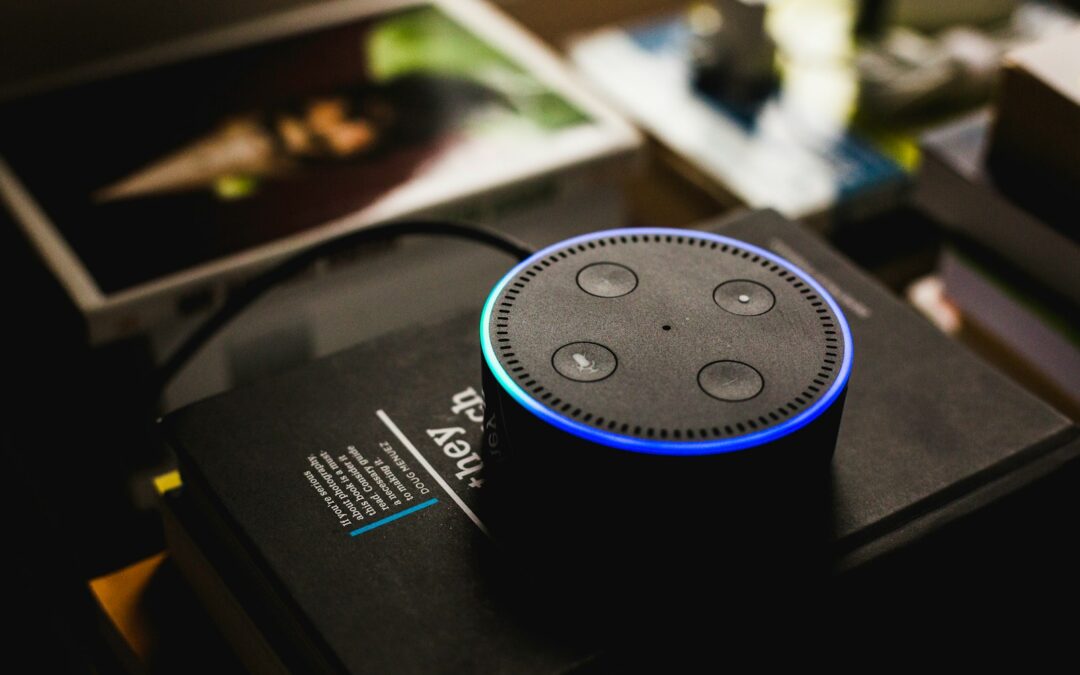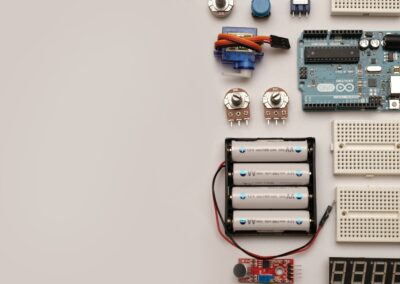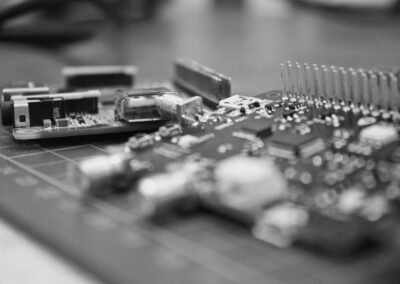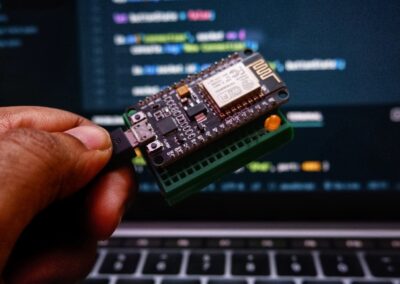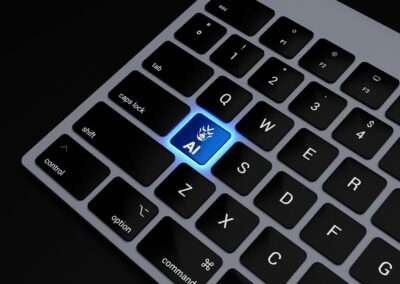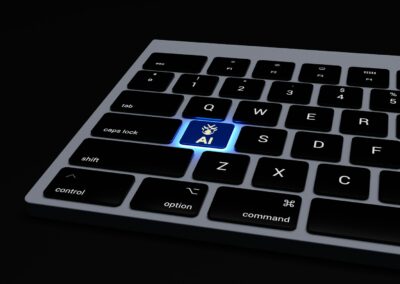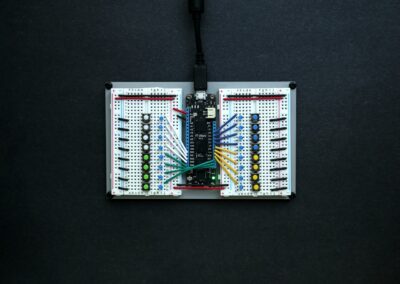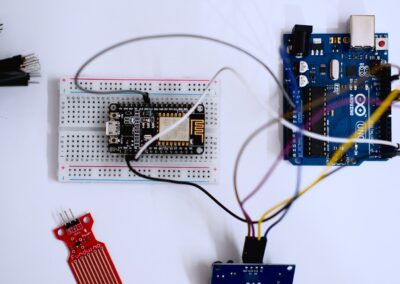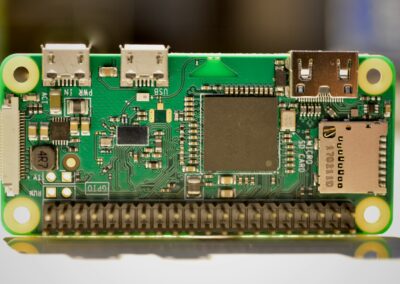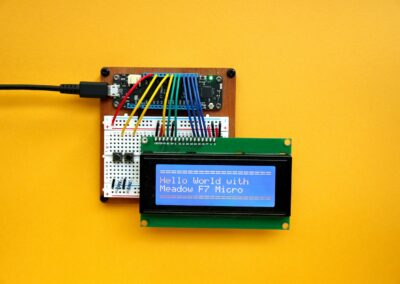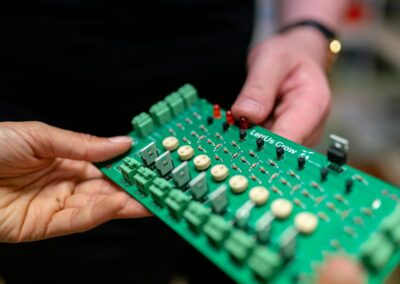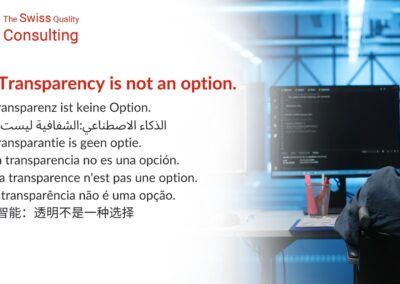Enhancing Transparency and Accountability in IoT Applications
The Importance of Ethical IoT Practices in Saudi Arabia and the UAE
The use of ethical IoT practices can significantly enhance the transparency and accountability of data collection and use in IoT applications. In technologically advanced regions like Saudi Arabia and the UAE, where digital transformation is a key driver of economic growth, adopting ethical IoT practices is crucial for ensuring that data is handled responsibly and securely.
Saudi Arabia’s Vision 2030 initiative emphasizes the importance of leveraging modern technology to drive economic and social progress. The rapid adoption of IoT devices across various sectors, from smart cities to healthcare, necessitates a robust framework for ethical data management. The Saudi Data and Artificial Intelligence Authority (SDAIA) is committed to promoting ethical IoT practices by establishing guidelines that ensure data is collected, stored, and used transparently. By implementing these practices, Saudi Arabia can build trust in IoT technologies and ensure that they contribute positively to society.
Similarly, the UAE is at the forefront of IoT innovation and recognizes the importance of ethical data management. The UAE’s National AI Strategy 2031 outlines a vision for AI and IoT that includes transparency, accountability, and ethical considerations as core principles. By incorporating ethical IoT practices, the UAE aims to develop IoT systems that respect user privacy, ensure data security, and promote overall well-being. This commitment to ethical IoT development is vital for maintaining public trust and ensuring that IoT technologies are used responsibly.
Advanced Technologies in Enhancing Ethical IoT Practices
Modern technologies such as Blockchain and Artificial Intelligence (AI) play a pivotal role in enhancing ethical IoT practices. These technologies offer innovative solutions to address the challenges of ensuring transparency and accountability in IoT systems.
In Saudi Arabia, Blockchain is being utilized to improve the transparency of IoT data transactions. Blockchain’s decentralized and immutable nature provides a secure framework for recording IoT data, ensuring that data is tamper-proof and transparent. By integrating blockchain with IoT systems, businesses can enhance data integrity and accountability, providing an additional layer of assurance that IoT data is handled ethically. This technology helps prevent data breaches and unauthorized access, fostering a secure and trustworthy IoT environment.
AI also offers promising applications for enhancing ethical IoT practices in the UAE. AI algorithms can analyze IoT data to detect anomalies and ensure that data collection and use comply with ethical guidelines. By implementing AI-driven monitoring systems, organizations can enhance their ability to manage IoT data ethically and transparently. This proactive approach to ethical IoT practices is essential for promoting user trust and safeguarding sensitive information.
Executive Coaching and Leadership in Ethical IoT Implementation
Effective leadership and executive coaching are crucial for the successful implementation of ethical IoT practices. Leaders play a critical role in fostering a culture of ethics and accountability within their organizations, ensuring that ethical IoT measures are prioritized at all levels.
In Saudi Arabia, executive coaching programs are increasingly emphasizing the importance of ethical IoT practices. By training leaders to understand and implement ethical guidelines for IoT data management, organizations can ensure that their IoT systems align with regulatory requirements and societal expectations. This focus on ethical IoT not only enhances the organization’s reputation but also promotes trust and confidence in IoT technologies.
Similarly, in the UAE, leadership development initiatives are incorporating ethical IoT strategies into their curricula. By equipping executives with the knowledge and skills to manage IoT systems ethically, businesses can navigate the complexities of IoT data management with confidence. This approach ensures that ethical IoT measures are integrated into all aspects of the organization’s operations, promoting a culture of ethics and accountability.
Blockchain, The Metaverse, and Ethical IoT Practices
Blockchain and The Metaverse offer innovative solutions for enhancing ethical IoT practices. These technologies provide new opportunities for ensuring the transparency and accountability of IoT systems.
In Dubai, the integration of blockchain technology with IoT systems is being explored to enhance data transparency. Blockchain’s ability to provide transparent and tamper-proof records of IoT data transactions offers a secure solution for managing IoT data ethically. By incorporating blockchain into IoT systems, businesses can address data accountability challenges and ensure that IoT data is handled responsibly.
The Metaverse, an immersive digital environment, also presents new possibilities for ethical IoT practices. In Saudi Arabia, businesses are exploring the potential of The Metaverse to create secure virtual spaces for IoT data management. By implementing robust ethical IoT measures within The Metaverse, companies can enhance the transparency and accountability of their IoT systems, providing users with a safe and trusted digital experience.
Conclusion
The implementation of ethical IoT practices is essential for enhancing the transparency and accountability of data collection and use in IoT applications. In regions like Saudi Arabia and the UAE, these practices are crucial for building trust and ensuring the ethical use of IoT technologies.
By integrating advanced technologies such as Blockchain and AI with ethical IoT strategies, businesses and government entities can enhance their data management measures and comply with regulatory requirements. Executive coaching and leadership development play a vital role in ensuring that these measures are effectively implemented, promoting a culture of ethics and accountability within organizations.
As Saudi Arabia and the UAE continue to lead in technological innovation, the focus on ethical IoT practices will be crucial for supporting sustainable growth and fostering a secure digital environment. Embracing innovative solutions such as blockchain and The Metaverse can further enhance ethical IoT efforts, ensuring that IoT systems contribute positively to society and promote overall well-being.
#ethicalIoT #datatransparency #dataaccountability #IoTapplications #AIethics #SaudiArabia #UAE #Riyadh #Dubai #ArtificialIntelligence #Blockchain #TheMetaverse #executivecoaching #GenerativeAI #leadershipskills #projectmanagement

